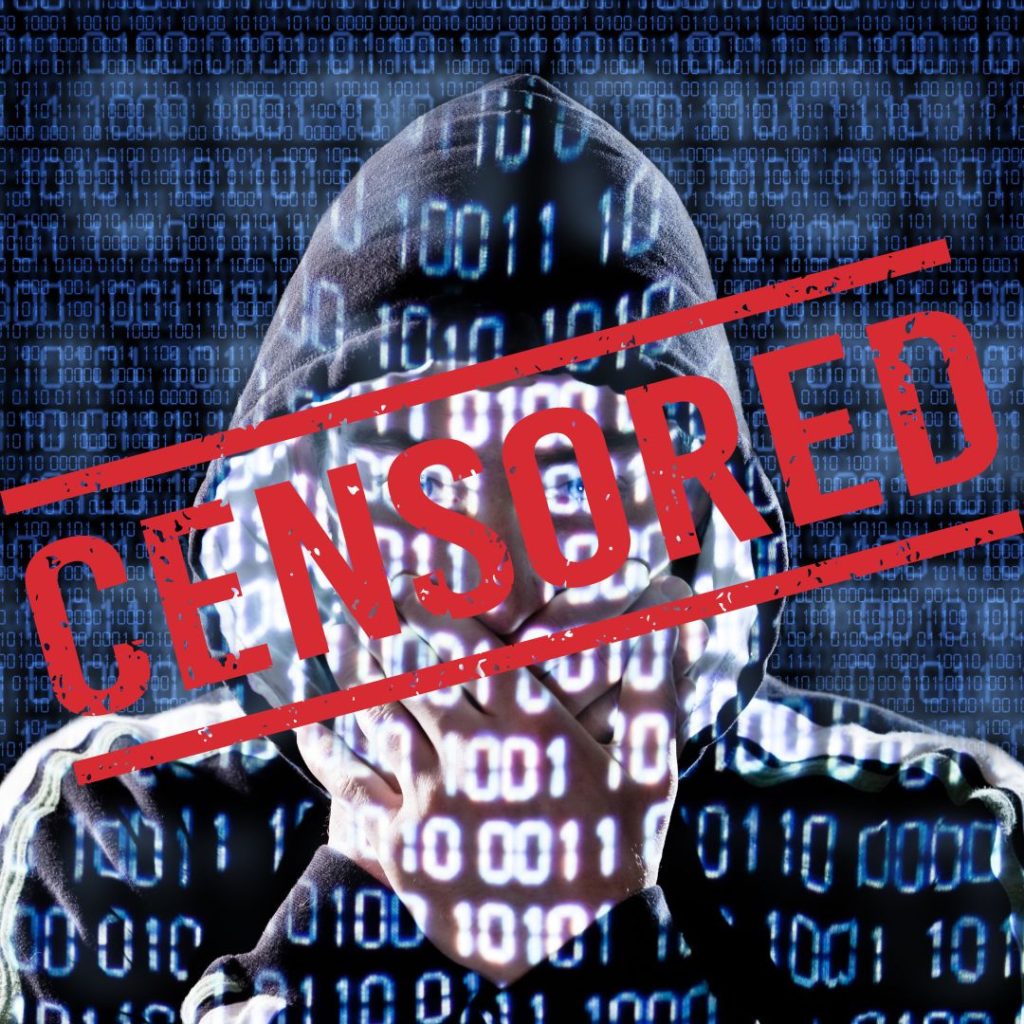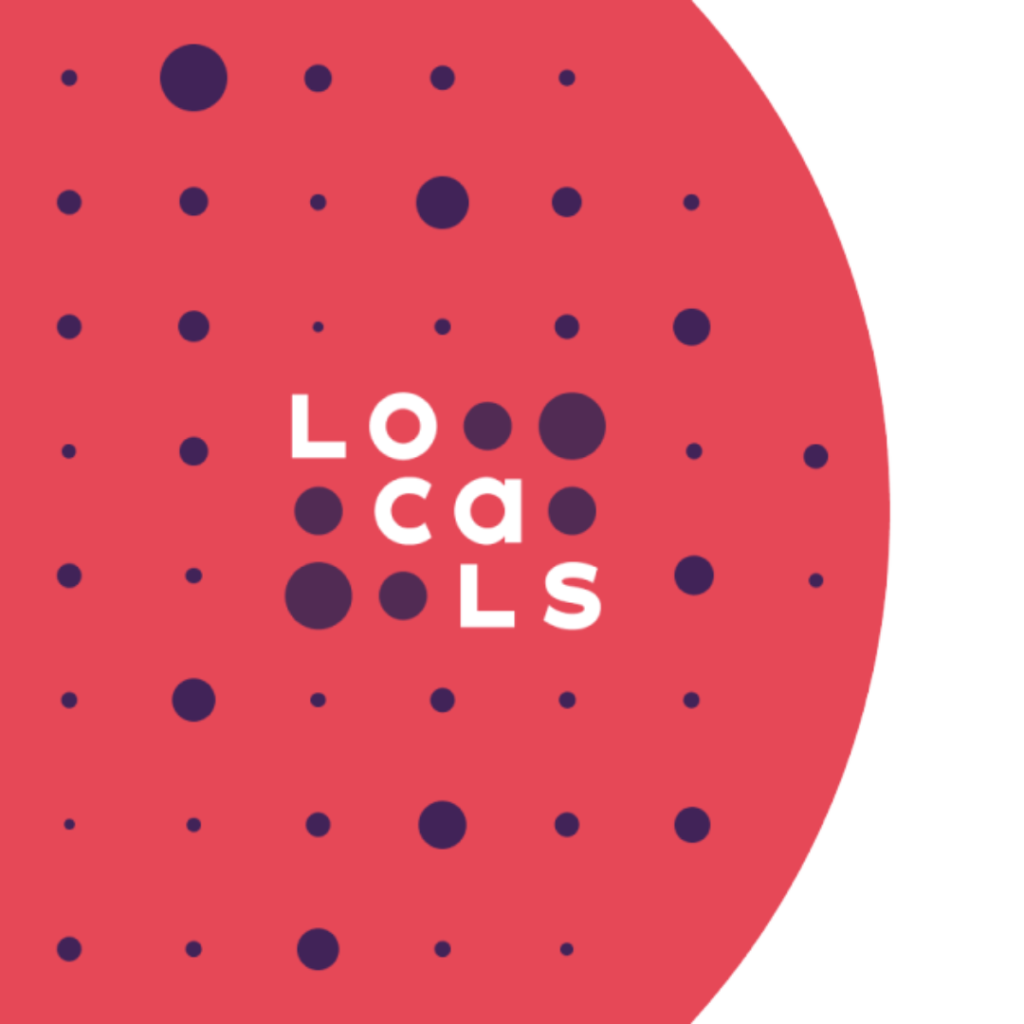
“Big tech censors are terrified of open debate. They continue to prove their hostility to free speech,” said Dr. Jennifer Roback Morse, Ph.D., president of the Ruth Institute, citing Twitter’s decision to suspend several users for employing the term “groomer.”
Twitter called use of the expression “hateful conduct,” which it claims stigmatizes when used in the context of gender identity.
Morse responded: “Grooming or groomer is as often applied to heterosexual as homosexual conduct. ‘Grooming’ means the manipulation of children to make them susceptible to sexual exploitation by adults. In the context of gender identity, the term ‘groomer’ can mean adults manipulating children to become confused about their sexual or gender identity.”
Morse emphasized that the “optics” of suppressing speech are terrible and create a presumption of indefensible conduct.
“Sending the Twitter bots out to mechanically squash speech for the use of a single word is not the behavior of an innocent lamb. People who are talking to other people’s children about sexual topics, including sexual identity, should be prepared to defend the content of their speech. Big tech censors are afraid of debate.”
“People are calling you ‘groomers’ for a reason. They are telling you your conversations with small children are not harmless, are potentially confusing to the child, and drive a wedge between the child and his or her parents. If you disagree, defend your speech. Don’t suppress the speech of others.”
Morse observed that the sexual exploitation of children is a growing tragedy. “One of the most notorious examples is Ghislaine Maxwell, who was sentenced to 20 years in prison in June for recruiting minors to be sexually abused by Jeffrey Epstein and his friends.”
“The term ‘grooming’ was used repeatedly in the testimony of victims and in coverage of the trial. Was this ‘hateful?’” Morse asked.
The Ruth Institute had its own recent run-in with tech censorship.
In late July, YouTube removed three episodes of the Dr. J Show, the Institute’s weekly interview series, saying it does not allow content which “contradicts expert consensus from local health authorities or the [adamantly pro-abortion] World Health Organization and poses a serious risk of harm or death.’”
The censored episodes were interviews with doctors explaining the scientific and medical data proving the increased risk of breast cancer following abortion. “Deleting access to these potentially life-saving episodes is what ‘poses a serious risk of harm or death,’” Morse said. “But for the Big Tech censors, anything anti-abortion must also be silenced.”
The censored episodes can be found on these alternate sites: Rumble, BitChute, and Odysee.
About the Ruth Institute
The Ruth Institute is a global non-profit organization, leading an international interfaith coalition to defend the family and build a civilization of love.
Jennifer Roback Morse has a Ph.D. in economics and has taught at Yale and George Mason University. She is the author of The Sexual State and Love and Economics – It Takes a Family to Raise a Village.
To get more information or schedule an interview with Dr. Morse, contact media@ruthinstitute.org.





